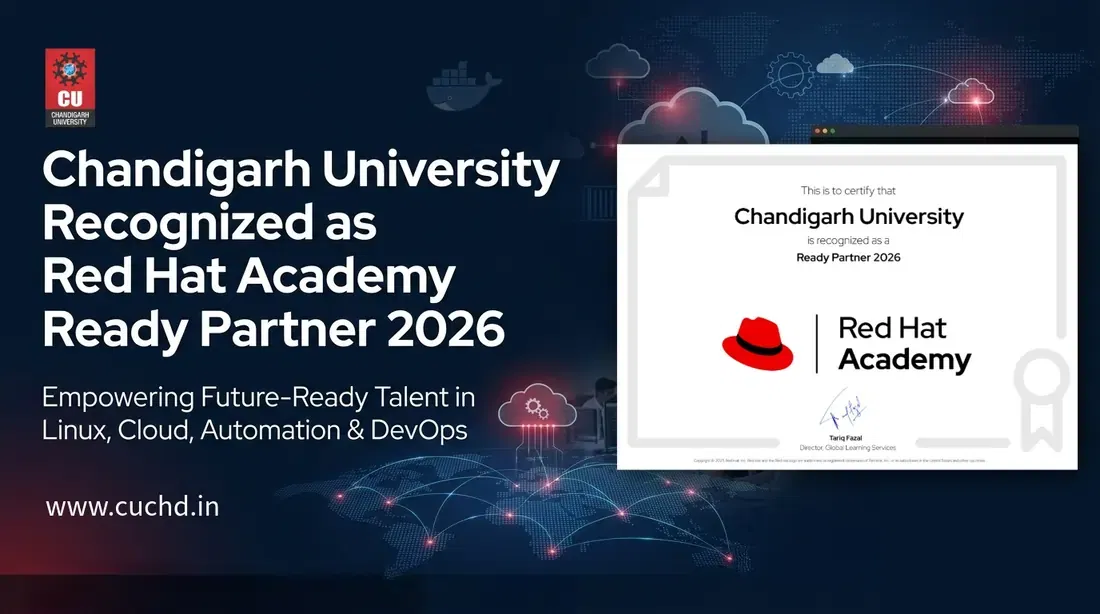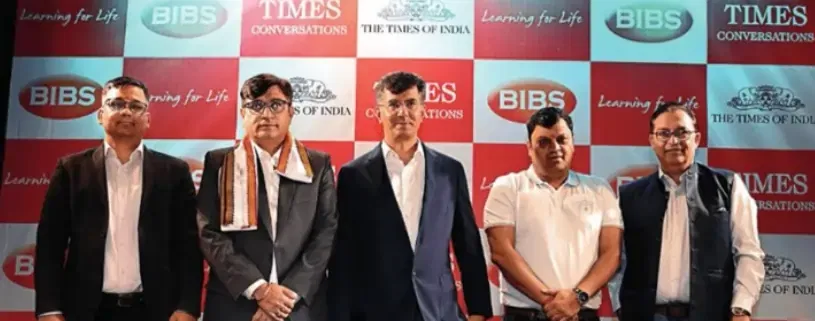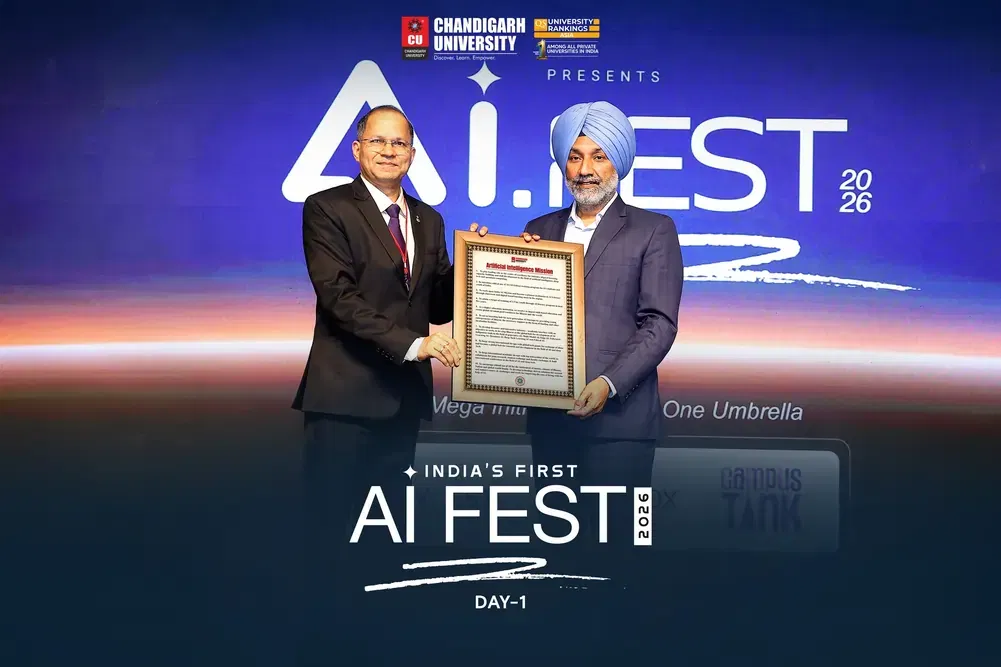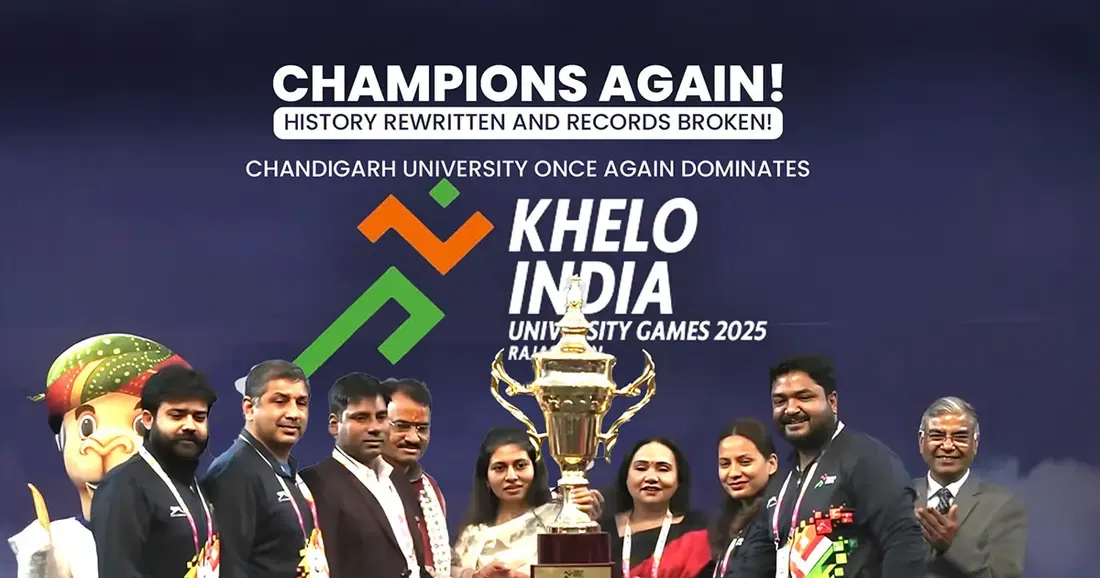Dr.Sumesh Raizada Professor, Jagan Institute of Management Studies describes 9 Tips for Cracking MBA & PGDM Admission Interview
Table of Contents
A personal interview or PI is a crucial stage for admission to any B-school for pursuing MBA or PGDM program. Candidates are called for Group Discussion (GD) and PI after clearing the first elimination stage based on their CAT/MAT/CMAT/ATMA scores, educational background, work experience, etc. JIMS Rohini is a management institution that offers admission to various management courses. Apply Now.
Why is Personal Interview (PI) important?
It has often been found that candidates with very high CAT / MAT scores get rejected in the later rounds of GD and PI. The reason is that the entrance examinations evaluate only the intelligence and memory of the candidates based on quantitative aptitude, logical reasoning, verbal ability & general awareness questions. However, face-to-face interaction can mainly judge the other essential skills and personality traits. Here candidates are examined on their soft skills, attitude, subject knowledge, career vision, etc., by the panel of experts. In some B-schools like JIMS Rohini, the panel members are also from the corporate, where they assess the candidate’s suitability for the program from the recruiter’s perspective. The admissions are open for JIMS Rohini for the academic year 2023. The candidates can apply now. One can know the admission procedure for JIMS Rohini here.
9 Tips for Personal Interview (PI)
MBA or PGDM aspirants must remember the following tips to prepare for their Personal Interviews.
i. Subject Knowledge – Mostly, the candidates are fresher with graduation in commerce, science, arts, management, or engineering. They should prepare well for their subjects studied, especially in their last semester—those with BBA or B.Com has exposure to some of the management courses and must be ready with some basics.
ii. General Awareness – Understanding current affairs is crucial, not only for the PI but also for the GD. An awareness of the latest domestic and international business news shows a candidate’s interest and aptitude for the management program.
iii. Life and Career Goals – Usually, candidates are asked about their life vision and career goals. You should know what course specialization you might opt for depending on your interest areas and plans.
iv. Resume– You should be thorough with what has been mentioned in the resume, especially about the extra and co-curricular activities, achievements, awards and recognition, hobbies and interests, etc. If noted, additional certifications or prior work experience must be clearly explained.
v. Social service and Entrepreneurial venture – In case you have participated in any social service or entrepreneurial activity, the same should be highlighted during the interview. This demonstrates your leadership skills as well as risk-taking abilities.
vi. The Dress Code – The famous saying “The first impression is the last impression” often applies in interviews. Appearance does matter, especially during interaction with strangers. You should be adequately groomed in terms of attire which should be formal, ironed corporate suit, light-coloured plain shirt, tie or scarf, polished shoes, and combed hair. Boys should be either clean-shaven or with a properly trimmed beard, while girls must keep their hair tied.
vii. Soft Skills – Your body language and posture while entering the PI room, way of greeting the experts, taking your seat, answering the questions, and later leaving the room are all minutely
observed by the panel members. Avoid nervousness, and don’t worry about the admission process's outcome. Be confident, cheerful, and respectful while entering the PI room. Take permission to enter and then greet everyone looking in their eyes. Take permission to sit or wait for the panel members' instructions for taking your seat. Sit in a straight, comfortable posture, and avoi shaking your legs. Be respectful and avoid arguments even if your answer appears to be correct.
viii. Research – Prior to appearing for the PI, research well on the college, courses and specializations offered, placement record, faculty, alumni, NIRF ranking, etc. You may also gather information through reputed social media sites and portals
ix. Answering questions -
Following are some of the frequently asked questions which should be prepared well. However, your answer should be genuine, honest and must not be inspired by others.
∙ Tell us about yourself
∙ What are your strengths and weaknesses?
∙ Where do you see yourself in 5 years?
∙ How do you deal with stressful situations?
∙ What are your plans after completing 2 years of this program?
∙ Do you have any questions?
∙ Why do you think we should give you admission?
∙ What are your career goals and aspirations?
∙ Why do you want to join this College/B-school?
∙ Why MBA? You can take up a job after graduation also.
∙ Why do you want to leave your job and pursue further studies?
∙ How will you contribute to the institution if we select you?
∙ What is your expectation from this MBA or PGDM programme?
∙ Where else have you applied? What other calls have you received?
∙ What latest business or interesting news you have read?
∙ What kind of job profile would you be looking for during placements?
∙ Do you want to have your own start-up? Why
Apart from the above general questions, usually one of the panel members might grill you on the basics of your subject studied during graduation. You should know the major courses that you studied during graduation. Giving excuses such as ‘can’t recall’, ‘don’t remember since studied long back", etc. do not leave a good impression on the panel. Listen patiently to the question asked, pause, and then reply.
There is no single template to succeed in PI, as questions asked as well as evaluation criteria might differ according to the B-school and panel members as in JIMS Rohini. Candidates can fill out the online form on the official website of the Jagan Institute of Management Studies or in offline mode by visiting the campus. Yet the above tips, if taken care of, can prepare a candidate well for the Personal Interview.


















POST YOUR COMMENT